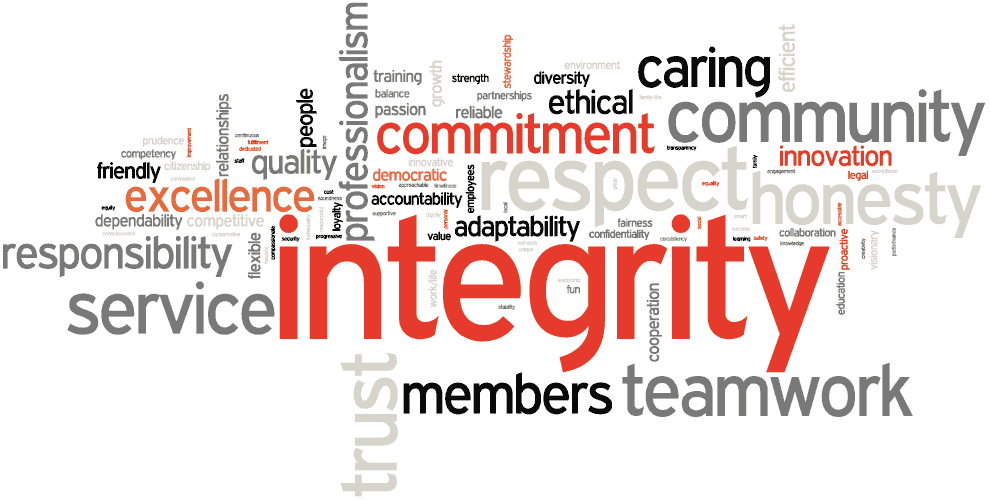
by Bret Capranica | Oct 1, 2013 | Featured Articles, Presidential History, Time/Life Management
Mixing two of my interests (Presidential History and productivity), I was intrigued by this Vanity Fair article on President Obama. I’m quite sure it was part of the 2012 election public relations strategy, but I did find a few interesting approaches from the current President to streamline decision making, keep himself focused, structure meetings, and working with people. Just two short excerpts: Routine and Its Impact on Decision-Making This time he covered a lot more ground and was willing to talk about the mundane details of presidential existence. “You have to exercise,” he said, for instance. “Or at some point you’ll just break down.” You also need to remove from your life the day-to-day problems that absorb most people for meaningful parts of their day. “You’ll see I wear only gray or blue suits,” he said. “I’m trying to pare down decisions. I don’t want to make decisions about what I’m eating or wearing. Because I have too many other decisions to make.” He mentioned research that shows the simple act of making decisions degrades one’s ability to make further decisions. It’s why shopping is so exhausting. “You need to focus your decision-making energy. You need to routinize yourself. You can’t be going through the day distracted by trivia.” The self-discipline he believes is required to do the job well comes at a high price. “You can’t wander around,” he said. “It’s much harder to be surprised. You don’t have those moments of serendipity. You don’t bump into a friend in a restaurant you haven’t seen in years. The loss of anonymity and the loss of surprise is an...

by Bret Capranica | May 6, 2011 | Featured Articles, Ordinary Pastor, Pastoral Ministry, Time/Life Management
The previous post looked at the background, reasons, and benefits of having a weekly planning or review in order to focus on priorities in life. In this final post, I want to look at when you should do the review, what I do, and some things to watch out for. When Some of the principles that should govern when you do your weekly review are: “¢ Toward the end of your work week so you can look back on what was effective, how the next week will be affected by the previous week, what needs to be adjusted, and what needs to be followed up. “¢ Close to the beginning of your new work week. More than likely, your brain needs a break from the activity of the week. But before you begin a new one, your mind needs to gain an overall perspective of what”™s ahead. Pick an in-between time ““ where you”™ve had the opportunity to get away from the previous week and when you can mentally set the agenda for the next. For me this is Saturday morning. Friday is my day off and I typically block the day for family activities and rest. I don”™t want to think and plan on that day ““ I want to decompress and enjoy my family. So planning on Friday would simply be exhausting and frustrating. Sunday is filled with ministry opportunities. The morning is focused on preparing to preach and teach, the afternoon generally consists of lunch with church members and preparation for our evening gathering. I also often meet with a group of men to discuss Sunday”™s...

by Bret Capranica | May 3, 2011 | Featured Articles, Ordinary Pastor, Pastoral Ministry, Time/Life Management
One of the most helpful tools in my time management arsenal has been the weekly review or weekly planning. That is, taking a set amount of time with a prescribed list of actions that help me think through what needs to be done according to priority during the next week. Today and Friday, I will describe this process ““ from its background to its purpose, benefits, timing, problems, and details. Background I was first exposed to the idea of a structured time weekly planning after attending a Franklin Covey workshop on time management. As I look back and prior to what I do now, I did try to plan out my week each week. Out of necessity and from too many weeks of being frustrated that I was never accomplishing what was most important, I would generally try to come up with some sort of schedule. However, after going through Covey”™s approach to thinking through my various roles in life and being intentional about how I would act on those important roles in the next week, I began to become much more purposeful in my weekly planning. In the Covey seminar, we were asked to schedule a 20 minute time each week where we would review our personal mission statement, roles in life, and long-term goals. Based on these, I would put on my schedule and task list what I would do in the next week to enhance those roles and move my goals forward. Then came David Allen”™s Getting Things Done. Covey was good for me in thinking long-term. Allen”™s book was a gold mine for me thinking...

by Bret Capranica | Apr 15, 2010 | Featured Articles, Pastoral Ministry, Time/Life Management
Values impact who you are and what you do. Roles and goals define who you are and what you need to do. What roles do you play in life? Husband, father, pastor, teacher, son, friend, neighbor? You know what they are. Think through the following questions in determining the roles you have in life and the biblical injunctions that best speak to how those roles should be lived out: 1. List your roles. 2. Assign specific Scriptures appropriate to each role. 3. List any key people associated with these roles. 4. Write a clarifying statement that describes specifically how you would want to fulfill this role If you have listed more than 7 roles, you may need to consolidate a few of them. Or you may even need to consider letting go of some of them – especially as you see more and more what is most important in your life and ministry. The Franklin-Covey approach to defining roles and goals suggests that you consider four other areas in addition to the roles you have listed. Covey calls them “Sharpening the Saw.” These are the areas of mental, physical, social, and spiritual priorities you should pursue and keep sharp. These roles/relationships will have a significant impact on the next step in the process of becoming more focused and hopefully more productive in life and ministry: Weekly Planning (more on that next week). Goals follow your roles. Ask yourself in regard to each of your roles, “What do I want to see accomplished in this role?” “Why?” “What would be a reasonable timeline in which to accomplish this goal?” Think...

by Bret Capranica | Apr 8, 2010 | Featured Articles, Ordinary Pastor, Pastoral Ministry, Time/Life Management
So what are the potential pitfalls every pastor (really anyone) will face as soon as he is committed to becoming more productive? Here are a few suggestions: Strangling Sovereignty. As one who believes in, values, and enjoys a robust understanding of God’s sovereginty, I understand the tension that can often be felt when trying to become more focused and productive. I understand that God guides every step despite by best intentions. As someone (I can’t remember who) has said, we write our plans in pencil and understand God owns the eraser. Never think that our goals, plans, projects, tasks, and ultimately our productivity is either up to us or accomplished in our own ingenuity. Furthermore, when providence destroys the perfectly planned productive week you sketched out, rejoice! Don’t fret or sweat in frustration. God is sovereign. Our productive desires can never strangle his perfect providential plans. Frustrating Friends. Another pitfall when we aim to be productive is that we will inevitably frustrate some of our friends; especially those not given to our bent for greater productivity. I do this to the best of my friends. I need to be less self-focused and considerate of others. Yet, I can plan my work and work my plan, running right over those I consider ministry partners and friends. Be careful of this. Neither frustrating them by our precise planning, nor succumbing to other’s lack of planning needs to cause us any lack in being effective at what we do. Flexibility is required – but not so flexible that we are useless. Projects Above People. Sometimes this is a false dichotomy. Often times...












